UNLEASH Global
Innovation Lab
Denmark 2017
UNLEASH had its inaugural event during August 2017 in Denmark.
Before the innovation process began, Talents had the chance to explore Copenhagen. They visited a range of innovative companies around the city, before meeting at the City Hall where the Mayor welcomed all of them.
The Innovation Lab took place in Folk High Schools, unique learning institutions located in the Danish countryside that focus on personal development, open collaboration, and hands-on learning.
Finally, Talents gathered in Musikhuset in Aarhus, where innovators and thought leaders celebrated their work and launched the global UNLEASH movement.
Watch this video of the first UNLEASH Global Innovation Lab!
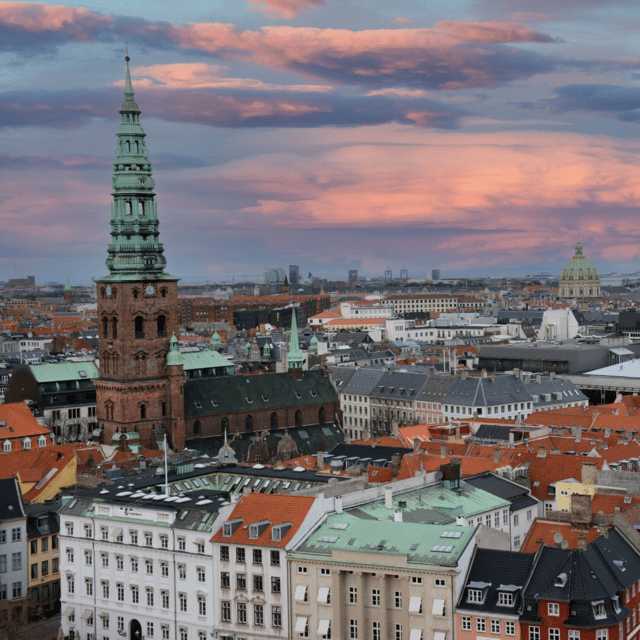
Our Innovation Process
In our programs, we use the unique UNLEASH Innovation Methodology to enable young people to translate sustainability challenges into impactful solutions for the SDGs. Our methodology is built around a collaborative innovation process, based on human-centered design principles. In a nutshell, human-centered design starts with focusing on the people you want to design for and ends with tangible products or services, developed to suit their specific needs. The process follows five steps:
Brainstorming and selecting ideas to solve the problem

Testing the solution with users, learning, and adapting
The Program

Days 1-2 :August 12-14th
Welcome Tour | Meatpacking District &Train Workshop

Day 8-9: August 19-21st
Solution Festival | Dragons’ Den | UNLEASH Awards Show Presented by BESTSELLER in Aarhus

Days 3 – 7 :August 15th – 18th
SDG Innovation Lab facilitated by Deloitte

Days 1-2 :August 12-14th
Welcome Tour | Meatpacking District &Train Workshop

Days 3 – 7 :August 15th – 18th
SDG Innovation Lab facilitated by Deloitte

Day 8-9: August 19-21st
Solution Festival | Dragons’ Den | UNLEASH Awards Show Presented by BESTSELLER in Aarhus
Tracks
In 2017, Talents worked on seven different themes.
WASTE AND SPOILAGE: About 30% the food produced every year, or approximately 1.3 billion tones, is lost or wasted, with fruits and vegetables having the highest wastage rates. In industrialized countries, consumers and retailers waste an estimated 222 million tons of food each year, while in developing countries the wastage often comes during production.
NUTRITION AND FUNCTIONAL FOODS: While most developing countries have the raw materials to produce functional foods both for domestic consumption and international exporting, they lack a clear regulatory framework for production, quality control, sales, and certification of these “hybrid” food products. Meanwhile, despite nutritional benefits, no generalizations about consumer choices regarding functional food consumption have been determined.
MEDICAL SUPPLY CHAINS: An estimated US$2 billion worth of unexpired medications discarded at long-term care facilities in the US, while at the same time one in four adults can’t afford prescriptions. Meanwhile, an estimated 40% of the 1 million health centers in developing countries are stocked out of supplies or medications.
ACCESS TO EDUCATION: Despite significant progress since 2000, an estimated 59 million children of primary school age and 65 million adolescents of lower secondary school age – of whom girls remain a majority – were still out of school in 2013. Poverty continues to be one of the most significant factors when it comes to access and inclusion and exacerbates gender gaps. The problem of access is even greater for learners with disabilities and for displaced communities.
LITERACY AND SKILLS: Many school children are not acquiring basic knowledge and skills. More than 50% of the 250 million primary-school-aged children who have spent at least four years in school, cannot read, write or count well enough to meet minimum learning standards. There is also a globally acknowledged skills gap for STEM related jobs.
WATER TREATMENT FACILITIES: Water and waste water treatment facilities use 2-4% of the total electricity used in the US. While electric utilities have been focusing efforts to improve efficiency and provide grid services, water and waste water treatment utilities have been disconnected from these efforts. Water utilities’ lack of a relationship with electric utilities, coupled with low financial incentives for providing grid services, has limited the effort to improve energy efficiency.
WATER ACCESS: More than 50% of the 663 million people worldwide who lack access to safe water live in Sub-Saharan Africa, predominantly in rural areas. This leads to poor health due to various water-related illnesses. However, access alone is not enough to guarantee better health. Insufficient hygienic practices can lead to the contamination of safe water after it leaves the water point, making it unsafe to drink.
RENEWABLE ENERGY: If all planned coal plants in six countries – China, India, Vietnam, Indonesia, the Philippines and Pakistan – are built, they would over their lifespan account for “almost all” of the global carbon budget that the world cannot exceed if it is to meet the 2°C goal. While the share of coal in China’s energy mix will decrease up to 2030, Vietnam’s will almost double.
FINANCING: Over 30,000 solar-powered irrigation units were installed in India 2015-2016, more than doubling the previously installed capacity. Diesel pumps for irrigation are still widely used and substituting 50% of the country’s diesel units with solar alternatives would require loans of approx. US$15 billion.
URBAN PLANNING: By 2050, urban areas will account for 70-75% of the world’s population equaling 3 billion more people than today. 60% of the areas expected to be urban by 2030 have yet to be built. As existing cities sprawl, people move to the urban fringe without services, amenities and infrastructure are largely due to the absence of urban planning strategies and legislation at the national or sub-national level.
URBAN MOBILITY: Automobile sales are expected to increase from 70 million a year to 125 million by 2025 where more than half of them will be bought in cities. The result of following this trajectory can lead to a doubling of the current global fleet of 1.2 billion cars by 2030. Meanwhile, congestion is already close to unbearable in many cities and can cost as much as 2-4% of national GDP, by measures such as lost time, wasted fuel, and increased cost of doing business.
RESPONSIBLE SUPPLY CHAIN: Corporations with global supply chains have the potential to generate growth, employment and skill development through their operations and sourcing. However, cross-country production, short lead times, and short-term buyer-supplier relationships can make supply chain visibility difficult, both for internal and external purposes. This reduced supply chain visibility creates challenges for corporations to meet their responsibilities within human rights, labour rights and the environment.
WATER-USE: For the fashion industry, access to water is essential for cotton cultivation, textile dyeing and finishing. Every kilogram of textiles requires on average 11,000 liters of water throughout the production cycle, and in a world of scarce resources, where textile production is often located in water scarce regions, this presents a growing issue that needs to be addressed.
CONNECTIVITY: Remote patient monitoring, telehealth and electronic medical records constitute some of the largest market opportunities related to delivering on the Sustainable Development Goals, in developing as well as developed countries. The spread of eHealth solutions intensifies the challenge of interoperability, across platforms, devices, apps and databases.
Guests

Ashton Kutcher
Actor, philanthropist and entrepreneur
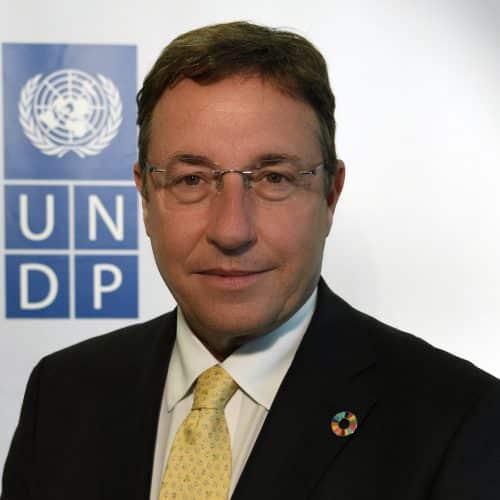
Achim Steiner
Under Secretary General and Administrator of UNDP
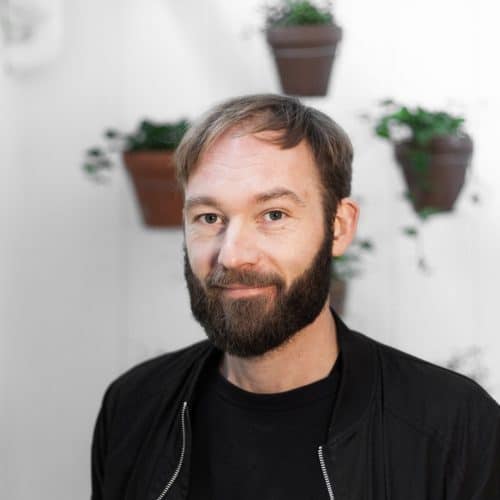
Anders Lendager
Architect & Founder, Lendager Group
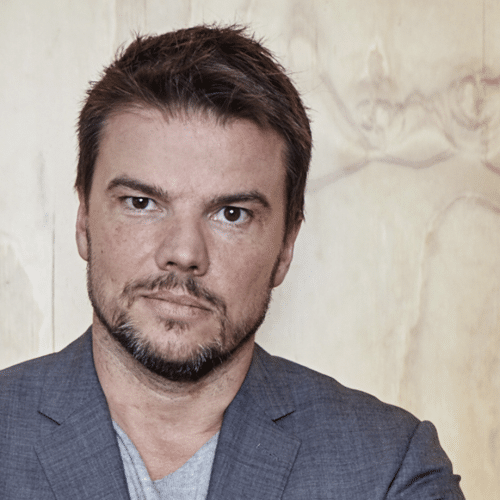
Bjarke Ingels
Founder & CEO, BIG

Dee Poon
Managing Director of Brands and Distribution, Esquel Group

Her Royal Highness Crown Princess Mary of Denmark
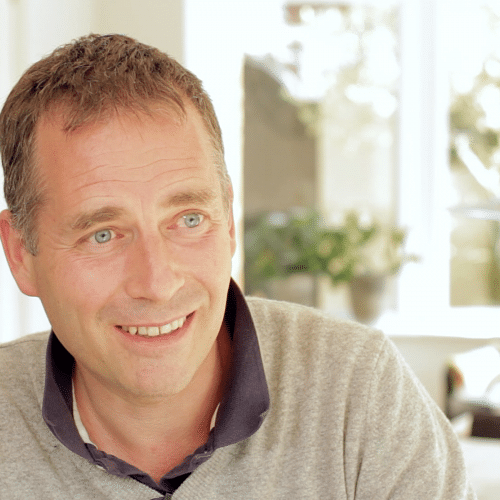
Lars Kroijer
Founder & Managing Director, AlliedCrowds.com
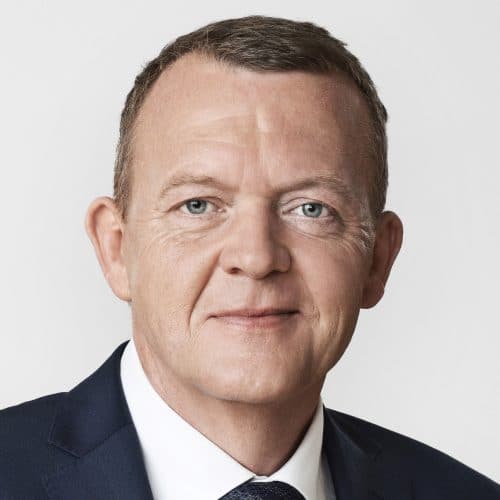
Lars Løkke Rasmussen
Former Prime Minister of Denmark
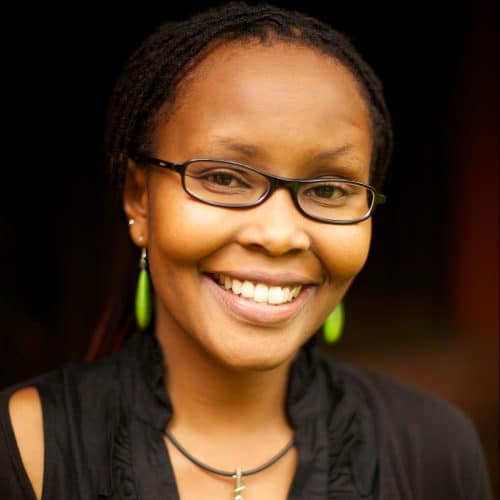
Juliana Rotich
Co-founder, BRCK Inc. & Ushahidi Inc.
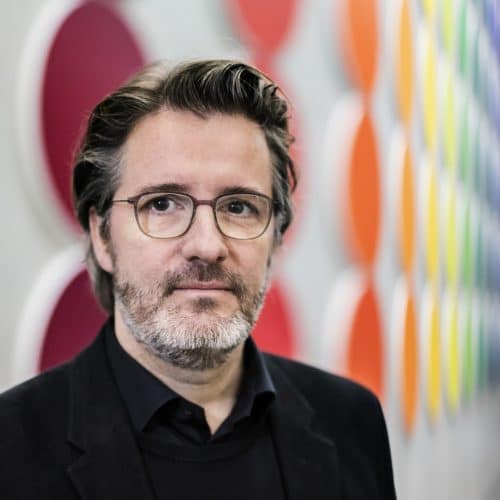
Olafur Eliasson
Artist, Studio Olafur Eliasson
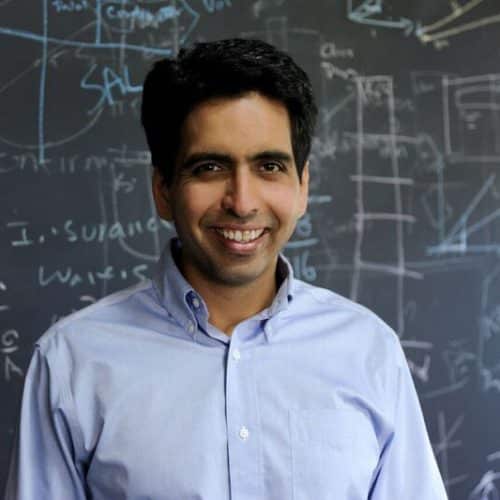
Salman “Sal” Khan
Founder & CEO, Khan Academy

Trisha Shetty
SDG Young Leader & Founder, SheSays
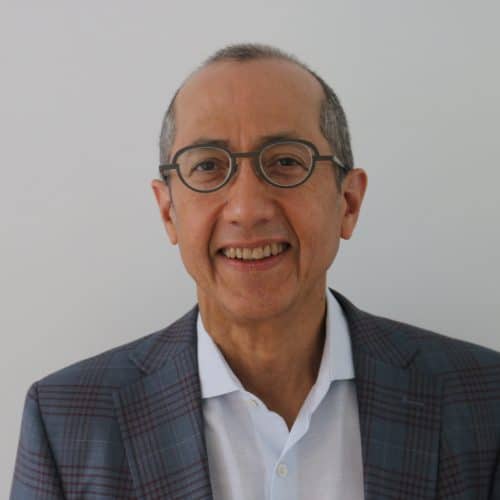
Jorge Wong-Valle
Advisor, International Finance Corporation (IFC)
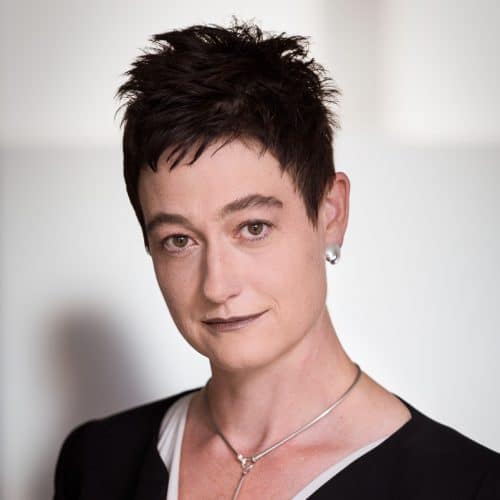
Kirsten Dunlop
CEO, Climate-KIC
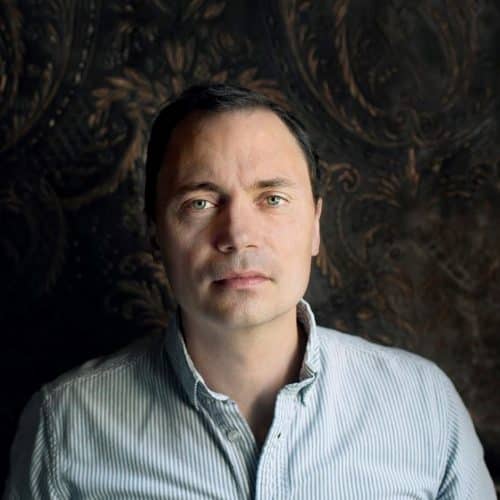
Tommy Ahlers
Entrepreneur & “Dragon”
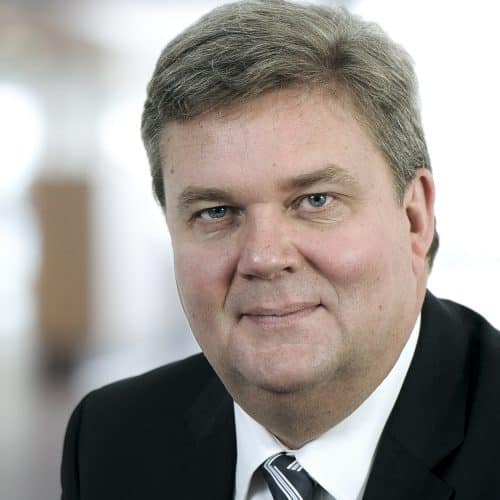
Anders Runevad
President & CEO, Vestas
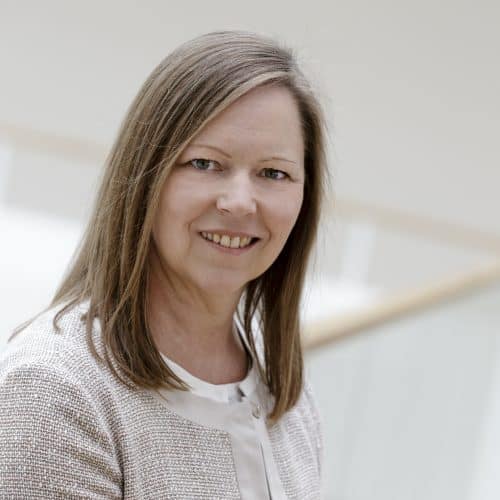
Charlotte Mark
CEO, Microsoft Development
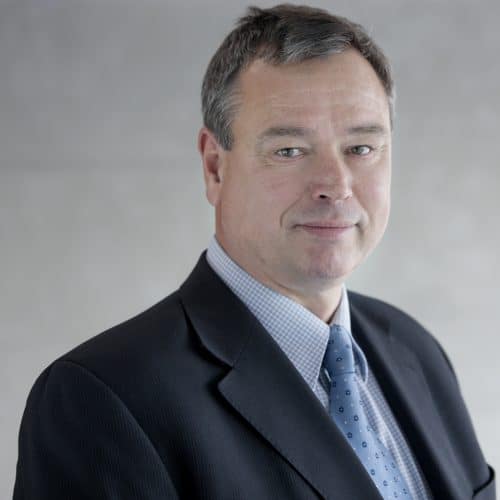
Peder Holk Nielsen
President & CEO, Novozymes
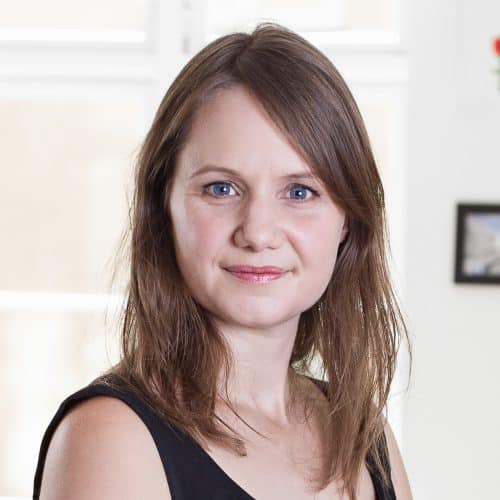
Aja Guldhammer
CEO, Reshopper
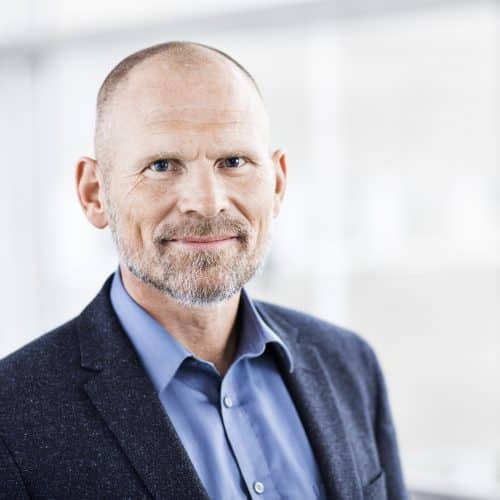
Claus Stig Pedersen
Head of Sustainability, Novozymes
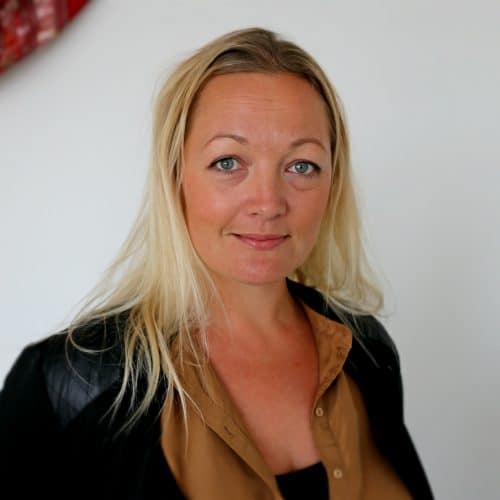
Elisabeth Haslund
Spokesperson Denmark, UNHCR Northern Europe
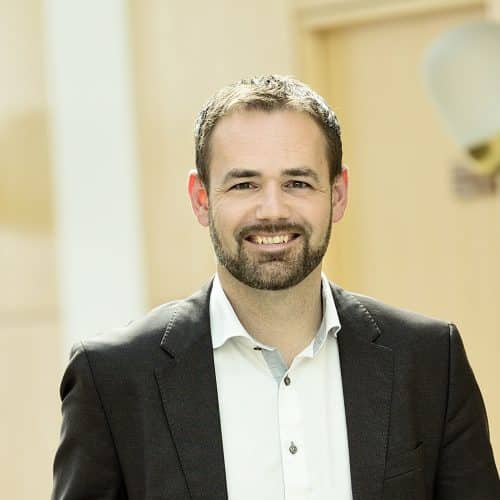
Jacob Bundsgaard
Mayor of Aarhus
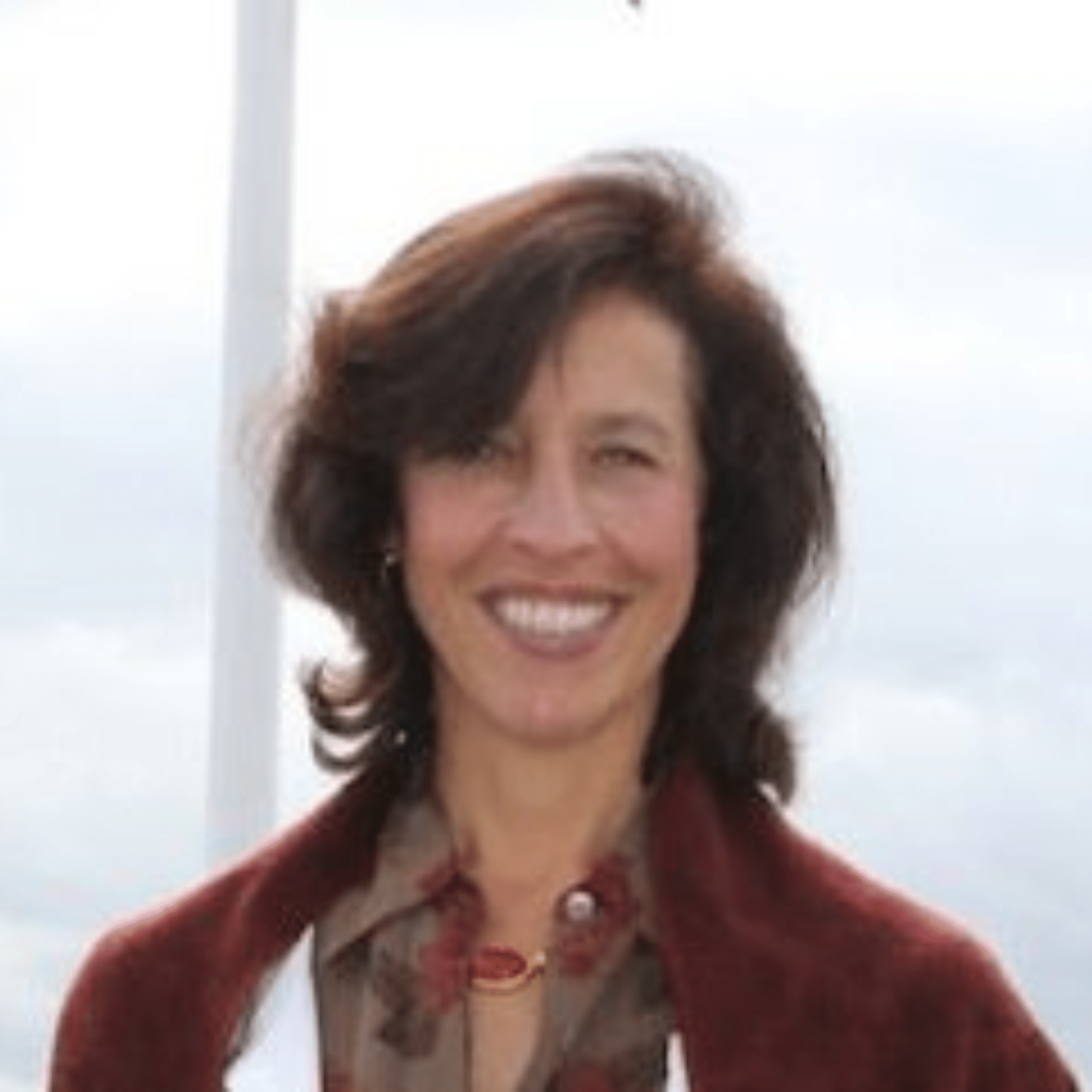
Laura Lochman
Chargé D’Affaires, U.S. Embassy in Denmark
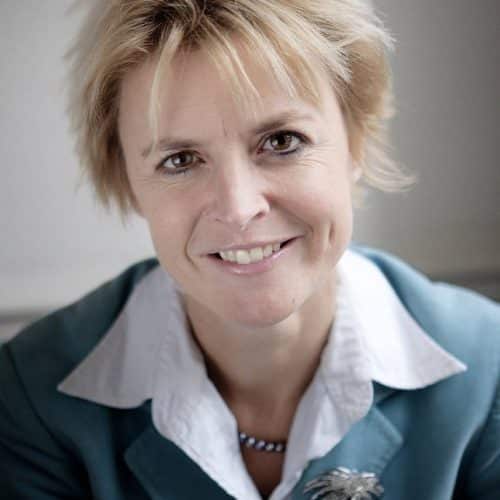
Lykke Friis
Pro-Rector, Copenhagen University
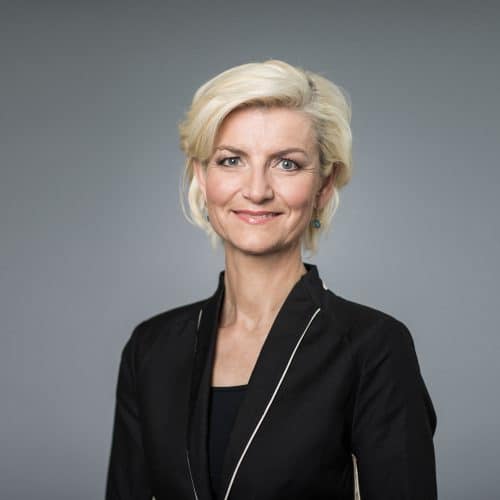
Ulla Tørnæs
Minister of Development, Denmark
Solutions from previous Innovation Labs

“I met wonderful people during the Lab and came up with the idea for Permalution, a start-up focusing on fog and cloud water harvesting technology, tackling the world’s challenges in water access and drought.”
– Tatiana Estevez Carlucci,
UNLEASH Innovation Lab 2017,
Denmark
Read More

“During the Lab, I was surrounded by people who were truly passionate about solving the challenge we focused on: sustainable fashion. My solution is the digital wardrobe app Whering, which allows you to manage your wardrobe from your device.“
– Bianca Rangecroft,
UNLEASH Innovation Lab 2019,
Shenzhen
Read More
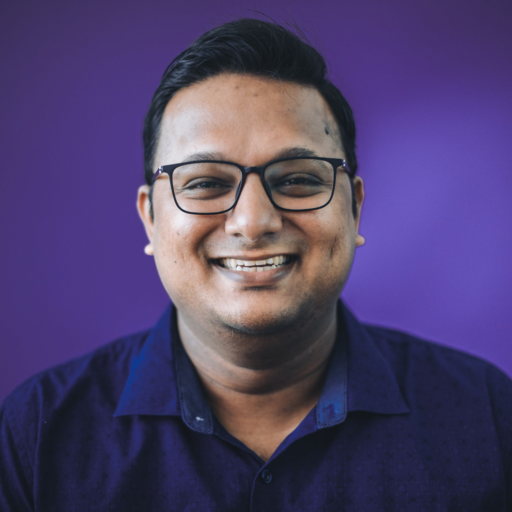
“At Test At Home Pte. Ltd., we are now developing ‘Lollipop-like’ and ‘Chewing gum-like’ devices and technology to enable easier, convenient, cheaper, accessible, and home-based healthcare testing.”
– Vivek Manoharan,
UNLEASH Innovation Lab 2018,
Singapore
Read More
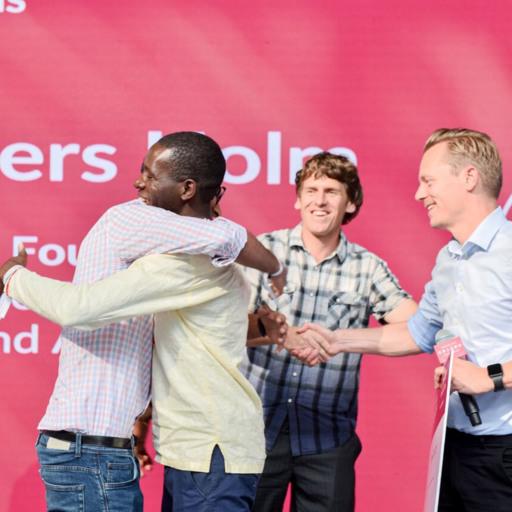
“OneDay Health launches sustainable health centers in remote Ugandan communities which previously had no access to quality healthcare. It is amazing how far both our team and OneDay Health had come during the Lab.”
– Nicolas Laing,
UNLEASH Innovation Lab 2017,
Denmark
Read More

